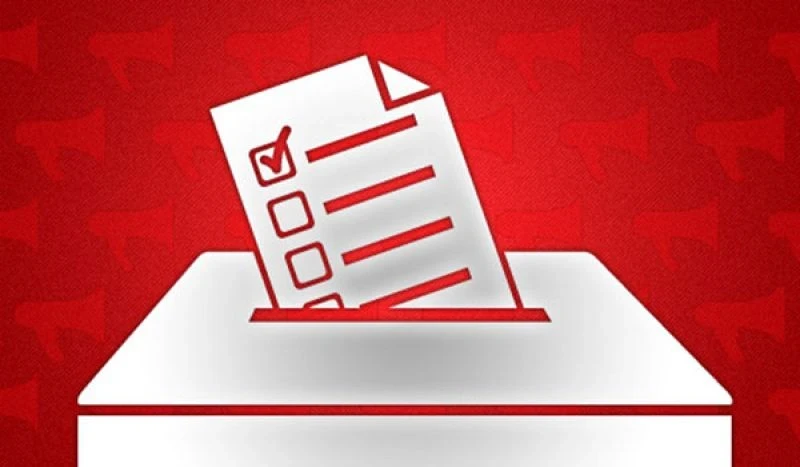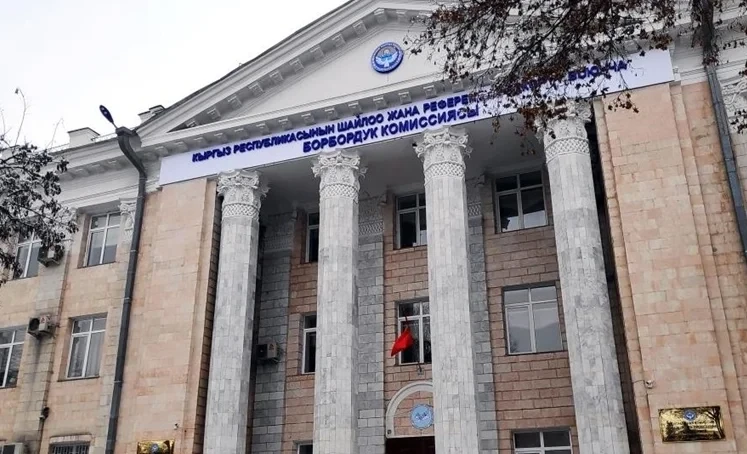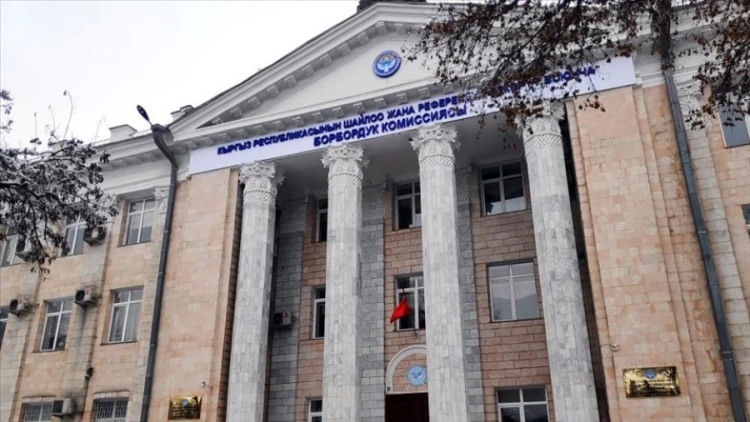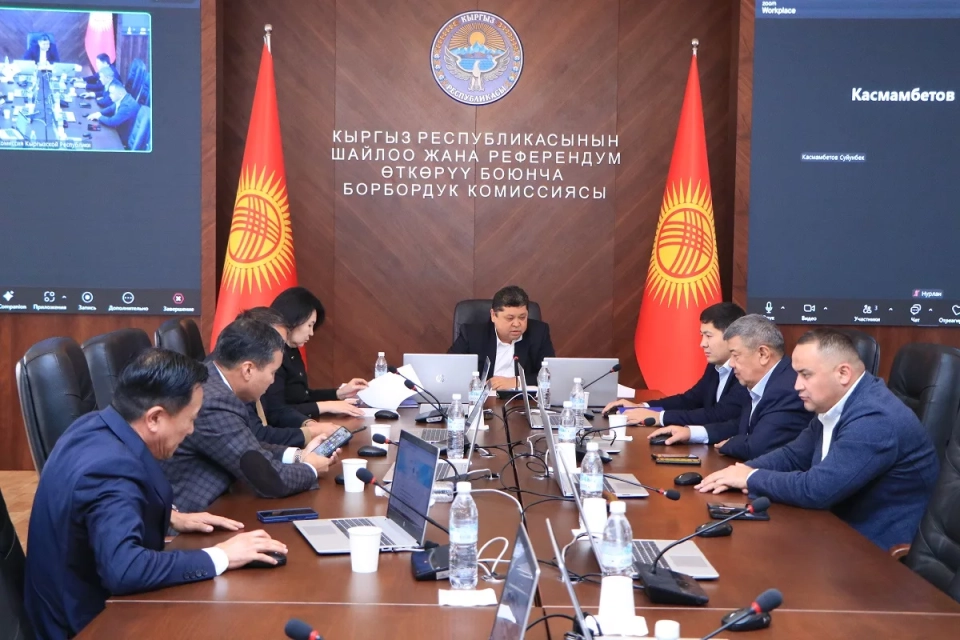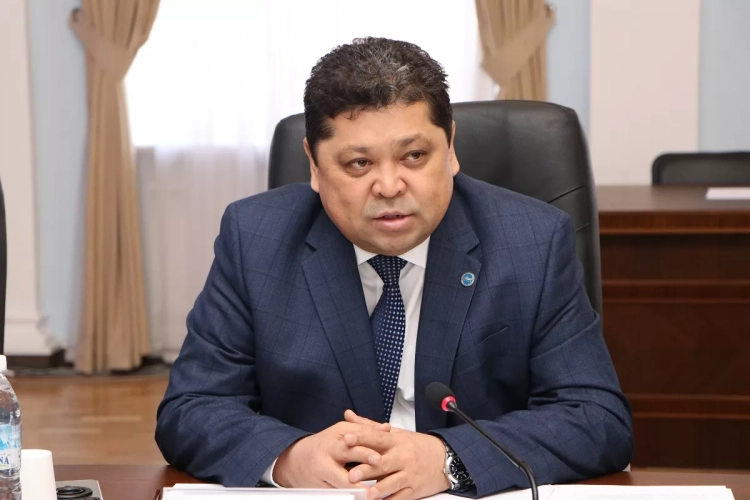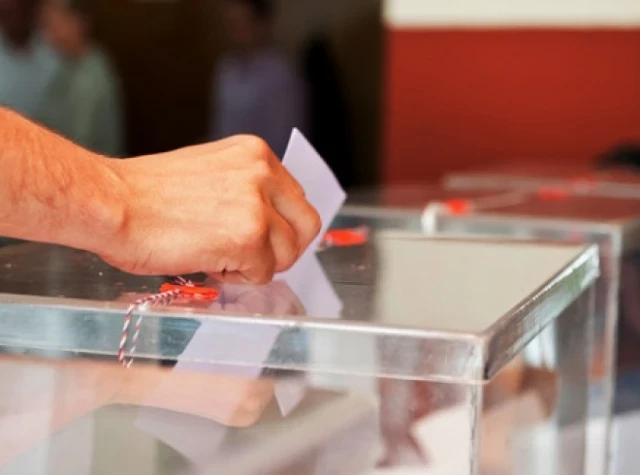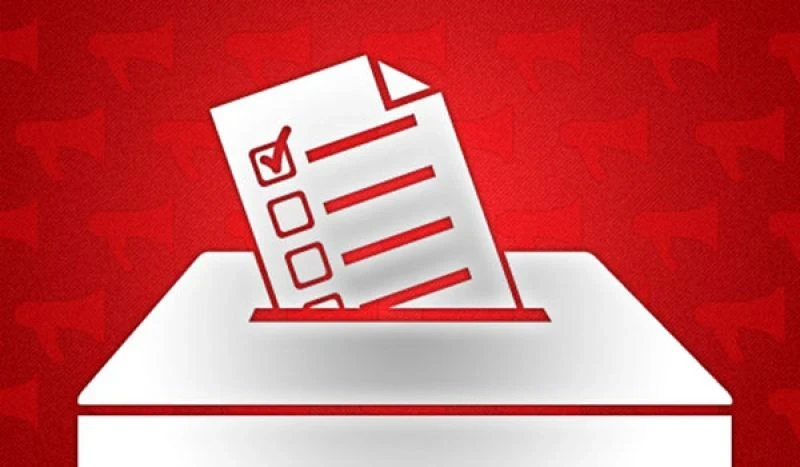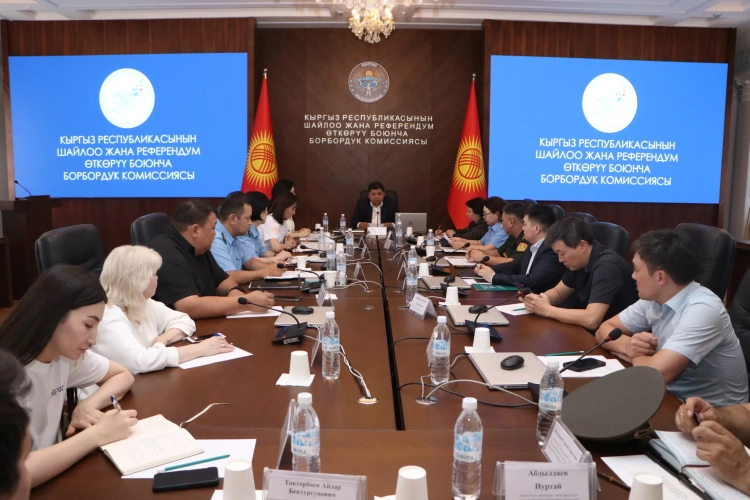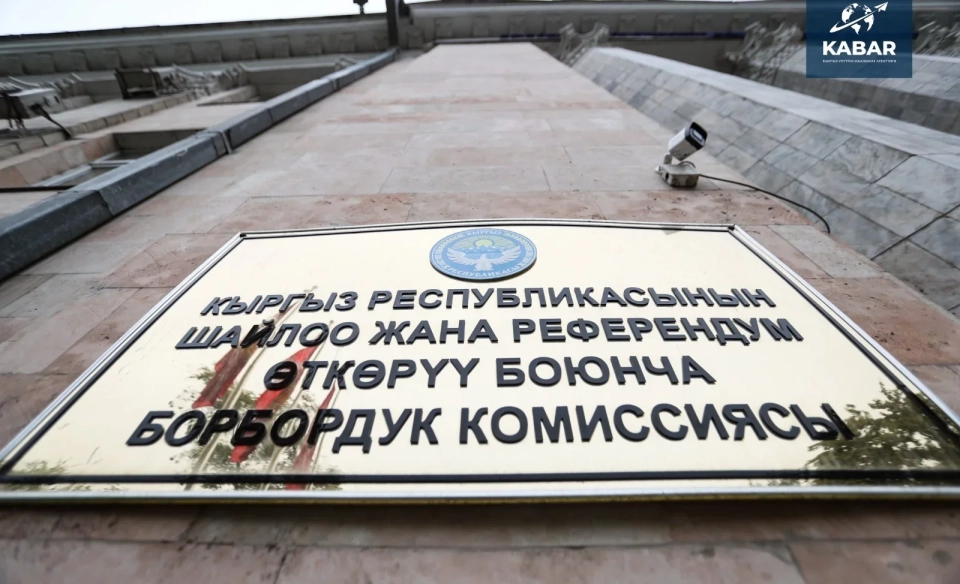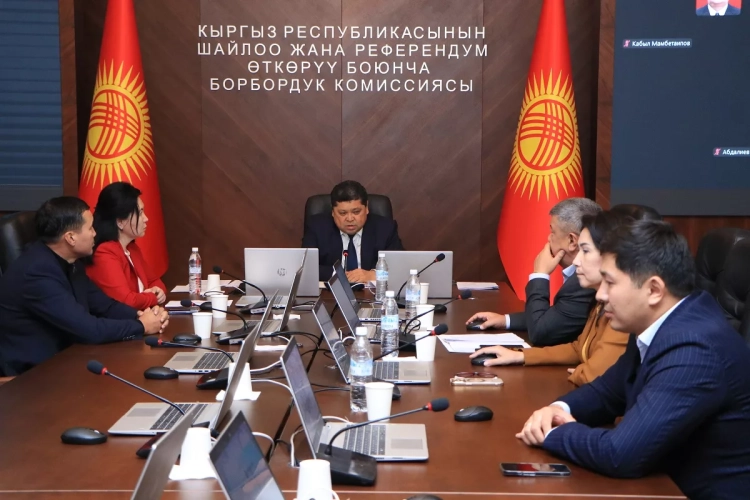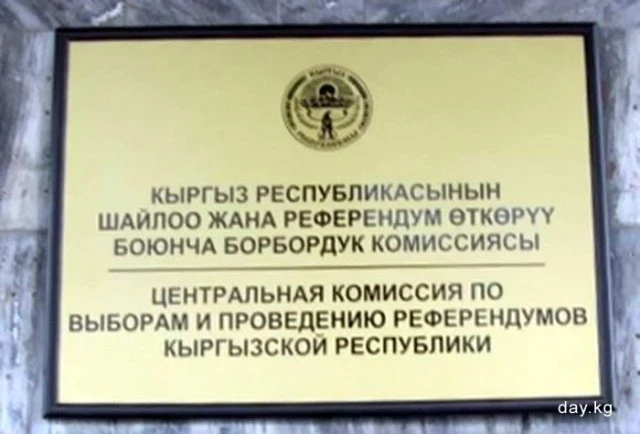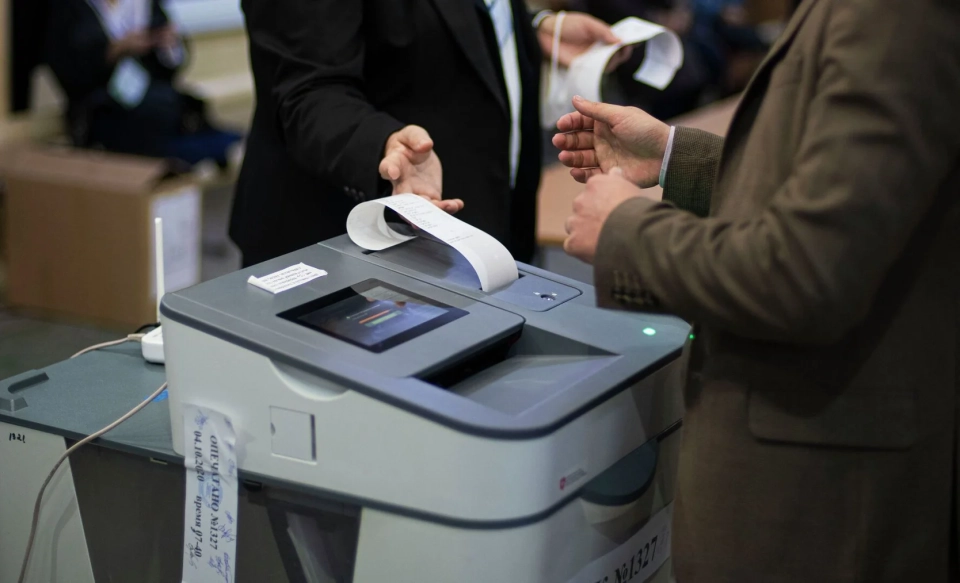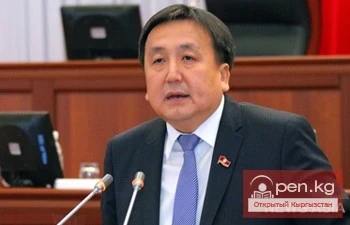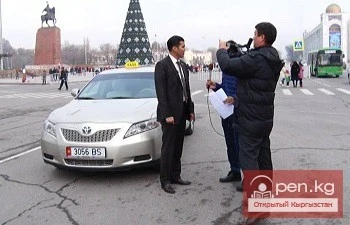Analysts from 24.kg have prepared an analysis of the upcoming elections, highlighting key candidate groups, forecasts, main risks, and unexpected trends that may affect the situation.
Candidates and Media Personalities
New videos featuring candidates dressed in formal attire visiting the Central Election Commission (CEC) appear daily on social media. This trend, which has replaced the previously popular photoshopped images against the backdrop of the Ala-Too mountains, demonstrates the candidates' intention: "I am also running for parliament." To date, nearly 500 applications for candidacy have been submitted to the CEC, and this number is not final, as the deadline for submitting documents is October 30.
Among those seeking a deputy position are almost all current members of the seventh convocation, as well as deputies from previous convocations. Among the latter, the former speaker Turgunbek uulu Nurlanbek has also submitted documents.
The list of candidates includes not only deputies but also former officials, local deputies, bloggers, businessmen, and, importantly, a large number of unemployed individuals.
Looking at the latest groups of candidates, it becomes clear that there are also former officials and deputies among them.
Notable candidates include individuals such as Aaly Karashev, Saidulla Nyshanov, Shailoobek Atazov, Yrgal Kadyralieva, and Orozaiym Narmartova.
Well-known candidates can be conditionally divided into several categories:
- former and current politicians at the republican level;
- local politicians (deputies of local councils, former akims, and district administration workers);
- regional leaders (entrepreneurs, activists, opinion leaders, respected teachers, or popular bloggers).
The media presence of these groups undoubtedly gives them an advantage in the elections, as they can attract votes due to their fame.
Forecast for the Future Parliament
The composition of the Jogorku Kenesh is expected to change by 15-20%, and a rotation of key figures will also occur, although it will be minor. Current deputies, possessing local networks and resources, maintain their positions compared to new candidates, especially if they have managed to establish themselves in their district.
Some experienced deputies are likely to return to parliament.
Young candidates will be able to enter parliament only in certain districts. Without significant financial resources and extensive connections, they may only succeed where their social media audience aligns with the electorate. Nevertheless, the outflow of the previous elites and resources for new candidates are not always comparable. In some districts, three or four deputies from the last convocation are competing for parliamentary seats, and the main struggle will unfold among them.
Risks and Challenges of the Election Campaign
Every election campaign faces certain risks and challenges. The first of these is low voter turnout and political apathy, where voters do not perceive voting as a means to influence real politics. Judging by the fact that materials about the elections are not gaining popularity, Kyrgyz citizens do not show particular interest in the upcoming elections. However, with the start of the active phase of the campaign, the situation may change. Each candidate will strive to mobilize their supporters as much as possible, and voter interest will begin to grow as competition intensifies.It is also important to note the risk associated with local conflicts and competition.
It is difficult to predict how this risk will manifest during the campaign, but attempts at unfair competition and pressure will certainly take place.
Another significant risk is the spread of fake information. Digital platforms and social media have become the main sources of information for many, and the dissemination of false data can cause dissatisfaction and tension. Candidate teams should prepare for possible information attacks.
Election Trends
Unfortunately, most candidates did not conduct sociological research before the elections. Sociology is not popular in Kyrgyzstan, although it is the best tool for assessing public opinion and real ratings. Nevertheless, by analyzing data from past campaigns and open sources, key trends can be identified.It is evident that the focus is shifting towards "local faces." The altered election model makes a candidate's success increasingly dependent on their integration into the district, the strength of local ties, and recognition. In other words, candidates familiar to voters in their regions have advantages, while national fame cannot replace local work.
Among the candidates, there are noticeably many with a media background. They are not only known as politicians or officials but also actively manage their social media, are bloggers, or present themselves as "new faces." This is related to changing voter models, which are oriented towards youth and online activity. Nevertheless, traditional elites still hold significant advantages.
A sharp change in elites is not expected.
Rather, a gradual renewal will occur, and those who can combine media presence, active campaigning in the field, and connections, including familial ties, will prevail.
Voter expectations are rising, and candidates are increasingly focusing on economic issues and social infrastructure. Those who have conducted focus groups assert that topics such as economic growth, employment, and social inequality are becoming more relevant. This indicates that part of the electorate is tired of political talk and longs for real results, and empty promises may backfire on candidates.
However, elections should not be viewed as uniform across the country. Districts vary in terms of internet activity, competition, and the influence of local elites.
In cities, especially in Bishkek and large settlements where competition is fierce, there may be more "new" faces. Meanwhile, in rural districts and high-altitude areas, local ties and traditional structures will remain decisive factors.
Unexpected Trends
In addition to obvious trends, there are also hidden ones that could unexpectedly influence the elections. Although they are predictable, their consequences may be significant.
• Mobilization of Youth
Youth is active on social media but rarely turns out to vote. If this changes, the situation could shift dramatically. Mass participation of young people could lead to a quicker renewal of the Jogorku Kenesh than experienced participants expect. Often, "dinosaurs" have underestimated the TikTok generation, but if young people start voting actively, it could change the balance of power.
• One Candidate Can Change the Course of the Elections
An independent candidate, lacking significant resources but possessing charisma and support from their community, could become a "dark horse." Such a candidate might take a mandate from more well-known opponents.
• Social Media May Let Down Media Candidates
Many media candidates may find that the number of likes on Instagram does not always translate to votes. They may be popular online but could lose to a local activist with stronger connections in their district.
• Regional "Mini-Coalitions"
The new electoral system fosters the formation of coalitions: candidate + business + local elite + family ties = mandate. These coalitions can be effective but also fragile, especially in the context of an election race.
• Surprises in the Final Days
The closer the elections get, the more likely there will be loud revelations, candidate withdrawals, and information leaks. In Kyrgyzstan's history, there have been instances where the outcome of voting was determined by a video or article published just a day before the elections.
